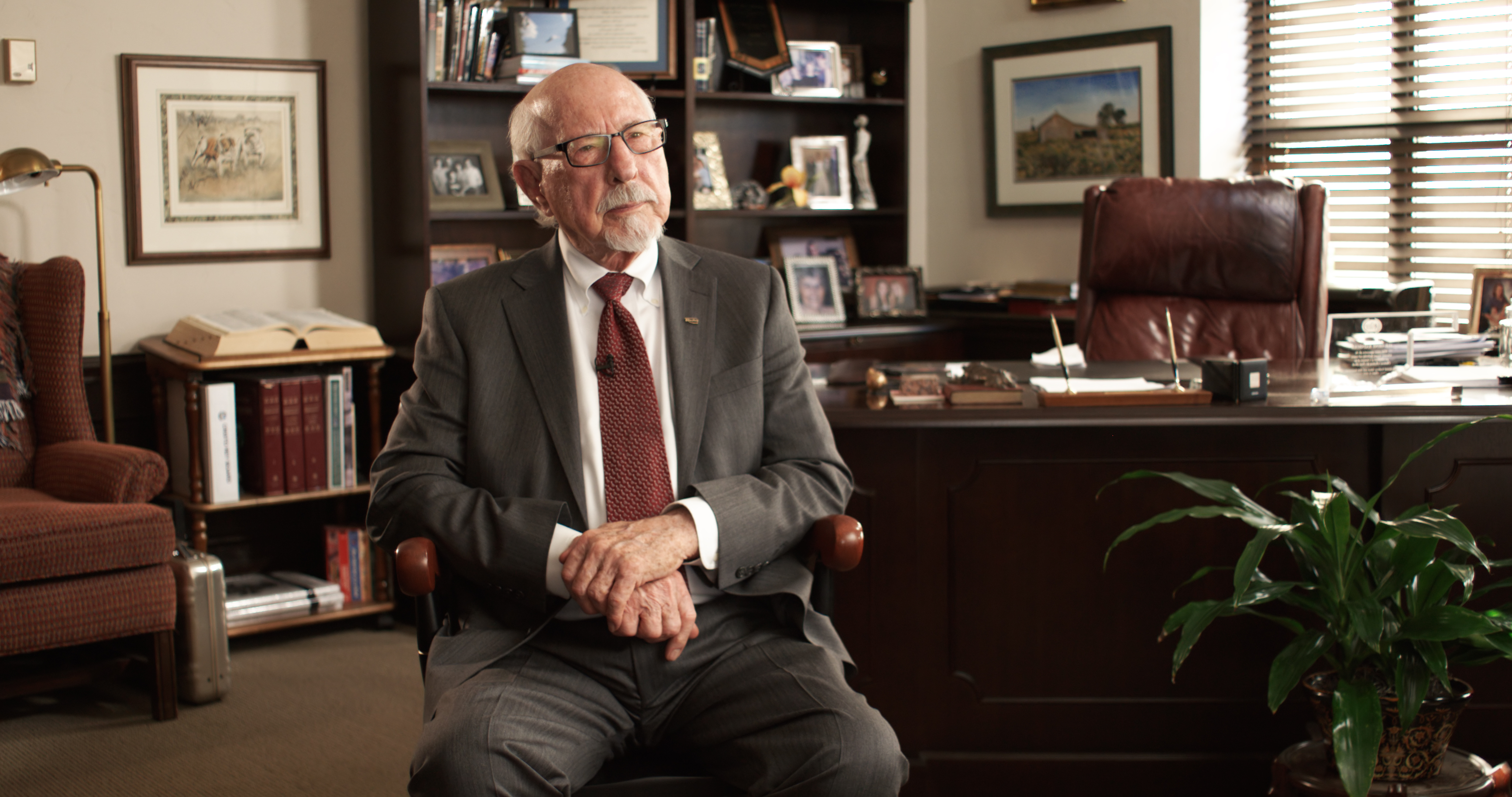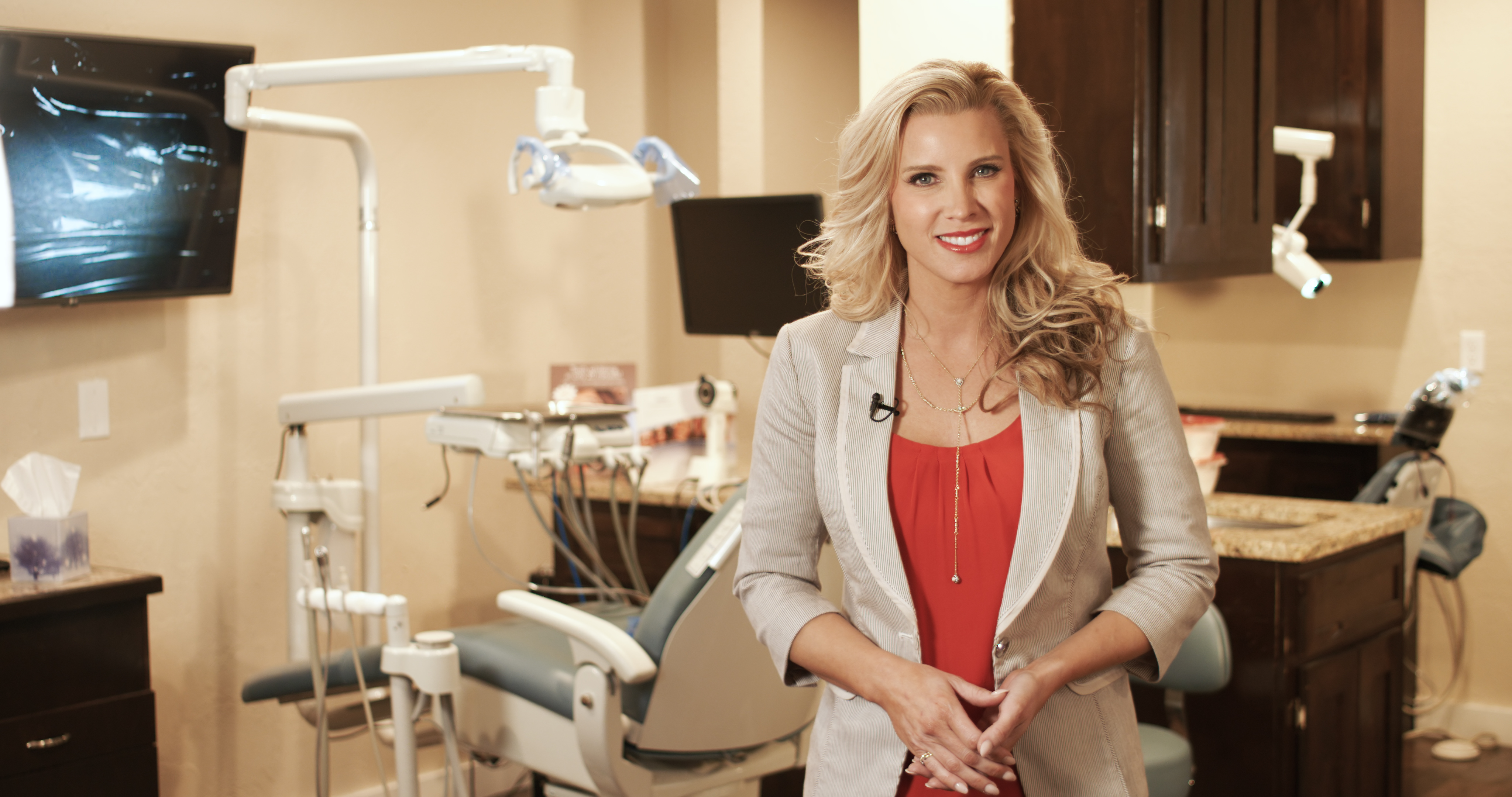

Professionals in the film and video industry expect a cinematographer to know how cameras work, to know about light, to know about camera movement, to know how to make people look their best, and to be able to work with a team to make the best images they can.
The world is not a perfect place, so we have to deal with the reality of our circumstances, which means that we probaly don’t have unlimited time, or an unlimited budget, but we still have to come home with all of the footage we need.
If you need somebody who has faced many of those random things that can go wrong with a shoot, and still prevailed, then maybe you need someone like me. I’ve worked with maybe 30 or 40 different types of video and digital cinema cameras, and many types of dollies, jibs, sliders, Steadicams, Movi’s and tripods/heads. I can light with LEDs, fluorescent, tungsten, HMIs or make the best of ambient and a bounce card.
I like to plan ahead and be prepared, so you can expect me to ask questions, because I’d like to make sure that we’ll have the right gear and the right crew to do the job right, so that the footage will meet your expectations. I work on all kinds of projects, two-hour shoots with a minimal budget, to $10,000/day budgets- So you’ll just have to tell me what you need, the best quality, or the least cost, and how quickly we need to get it done.
If you need to know if I’ve done a project like yours before, just ask- I probably have. Cinematic, reality TV, documentataries, non-profit fund-raisers, product promotions, TV commercials, long-form infomercials, TV shows, industrials, corporate video, electronic press kits, training videos, web videos, business-card videos, green-screen, shooting from moving vehicles on the ground, or in the air- all of those.
Just call or text me at 405-550-8553 and let’s have fun with it!
The American Society of Cinematographers (the ASC) defines cinematography like this:
“Cinematography is a creative and interpretive process that culminates in the authorship of an original work of art rather than the simple recording of a physical event. Cinematography is not a subcategory of photography. Rather, photography is but one craft that the cinematographer uses in addition to other physical, organizational, managerial, interpretive and image-manipulating techniques to effect one coherent process.
These visual images from the cinema, extending from conception and preproduction through postproduction to the ultimate presentation and all processes that may affect these images, are the direct responsibility and interest of the cinematographer. The image that the cinematographer brings to the screen come from the artistic vision, imagination and skill of the cinematographer as he or she works within a collaborative relationship with fellow artists.”
Here’s some examples of my work: http://youtube.com/imagewerkz
